By the middle of last year, I wanted the word “unprecedented” stricken from the English language. Every time I heard it, I not only wished the speaker would learn to use a thesaurus, but the insecurity the word implies pushed me into some unhealthy self-soothing like TMJ (it’s a wonder I don’t have lockjaw). The stress of 2020 was more than I ever thought I could endure, but somehow I settled into a routine—centered around binge-watching Masterpiece Theater TV, listening to audiobooks about female spies during World War II (real stress), and being head vegetable chopper for my husband’s culinary pursuits. My little rut became comfortable, almost welcome in a strange way.
Older age was associated with less concern about the threat of Covid-19, better emotional well-being, and more daily positive events.
I thought about my adjustment to the realities of COVID when I read that recent research discovered that through the pandemic older people have stayed the happiest, compared to other age groups, even though we are at more risk for the nasty stuff—ventilators and worse. “Even when enveloped by persistent and dire threats to health and well-being, older people display notable emotional resilience,” concluded a report published in Psychological Science.
Another study, published in the Journal of Gerentology: Psychological Sciences, found that younger adults had lower coping capacity than those a generation or two older. The youngs saw less positivity and higher negativity in the pandemic landscape.
“The Covid-19 pandemic has led to an outbreak of ageism, in which public discourse has portrayed older adults as a homogeneous, vulnerable group,” the authors conclude. “Our investigation of the daily life amid the outbreak suggests the opposite: Older age was associated with less concern about the threat of COVID-19, better emotional well-being, and more daily positive events.”
Read More: SNL Makes Light of Baby Boomers Getting Their Vaccines. Funny or What?
Well, Bless Our Optimistic Hearts
I have to admit it feels good to know we’re better at something, but this finding of emotional resilience is not “unprecedented.” Evidence has long supported the idea that we get happier as we get older—despite body aches and the looming end that keeps getting closer. Researchers wondered if the reasoning behind this was that older people are simply smarter at avoiding unhappy-making situations.
“To answer this question experimentally, researchers would need to expose older and younger people to prolonged, inescapable, high-stress conditions,” wrote Laura Carstensen, a psychologist at Stanford University’s Center on Longevity, the lead author of the Psychological Science study. “For obvious ethical reasons, this has never been done.”
The unprecedented…um, I mean…unique circumstances of the pandemic allowed researchers to address an important theoretical issue about emotional aging. Namely, do these relative age advantages in emotional experience persist when people are exposed to prolonged and inescapable threats—and maybe nightmares of coronavirus-shaped aliens (or is that just me)? Scientists are giving the big thumbs up.
Why We’re Good at Emotional Resilience
Carstensen and her team theorized that the amount of time we feel we have left in life plays a big part in how we deal with stress. You’d think it would cause more angst, but, counterintuitively (another word I’d liked banned) that’s not so. “When future time is constrained, goals and related preferences favor emotional meaning and positive experience,” they stated in the report.
Many young people haven’t even started their paths, so there’s nothing firm for them to hang onto.
Also, our demographic feels less caught up in “have tos” and “should dos.” Many of us feel we’ve paid dues and established our bona fides so we aren’t compelled to take part in frustrating tasks mainly meant to help us climb a ladder. “Even those who have lost their jobs in this tragic year, and face the prospect of re-entering the job market —at least they know their capabilities, and what work is possible,” wrote Benedict Carey in the New York Times.
Of course we’ve all suffered during COVID. My business almost collapsed, a good friend’s husband almost died. But I see that the goals and plans of my son, who graduated college in the middle of the pandemic, have taken a much bigger hit. He hasn’t even started his path yet, so there’s nothing firm to hang onto. Plus, strangely, he’s not happy to spend night after night watching Call the Midwife and Poldark. He’s ready to rumble socially and experience post-college freedom, the promise of which kept him going through the hardest times on campus.
“I think the older generation now, as much as it’s been threatened by COVID, they’re beginning to say, ‘My life is not nearly as disrupted as my children’s or grandchildren’s,’” Susan Charles, a professor of psychology at the University of California, Irvine, told the New York Times, “and that is where our focus on mental well-being should now turn.”
Read More: The COVID Vaccine: A New Social Divide Between the Haves and the Have Nots

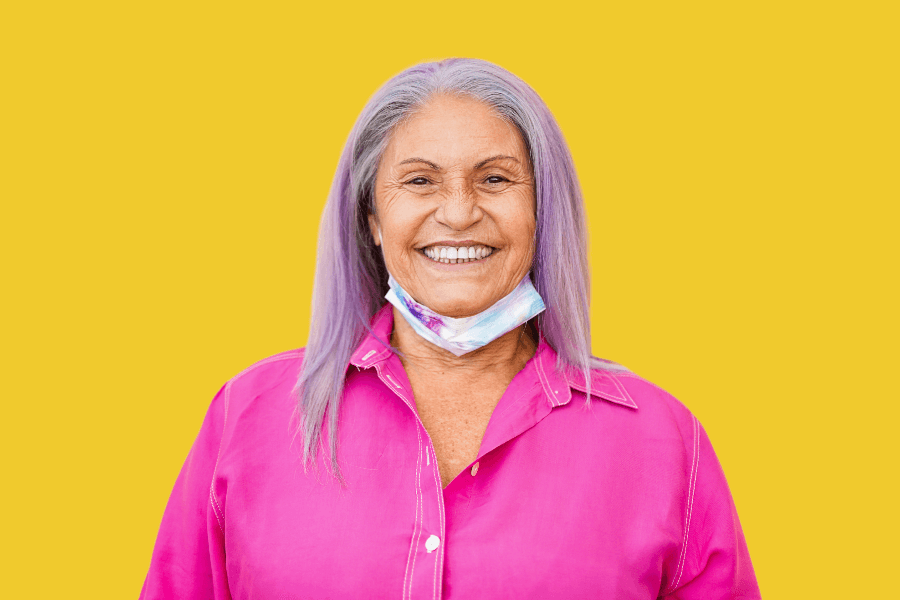


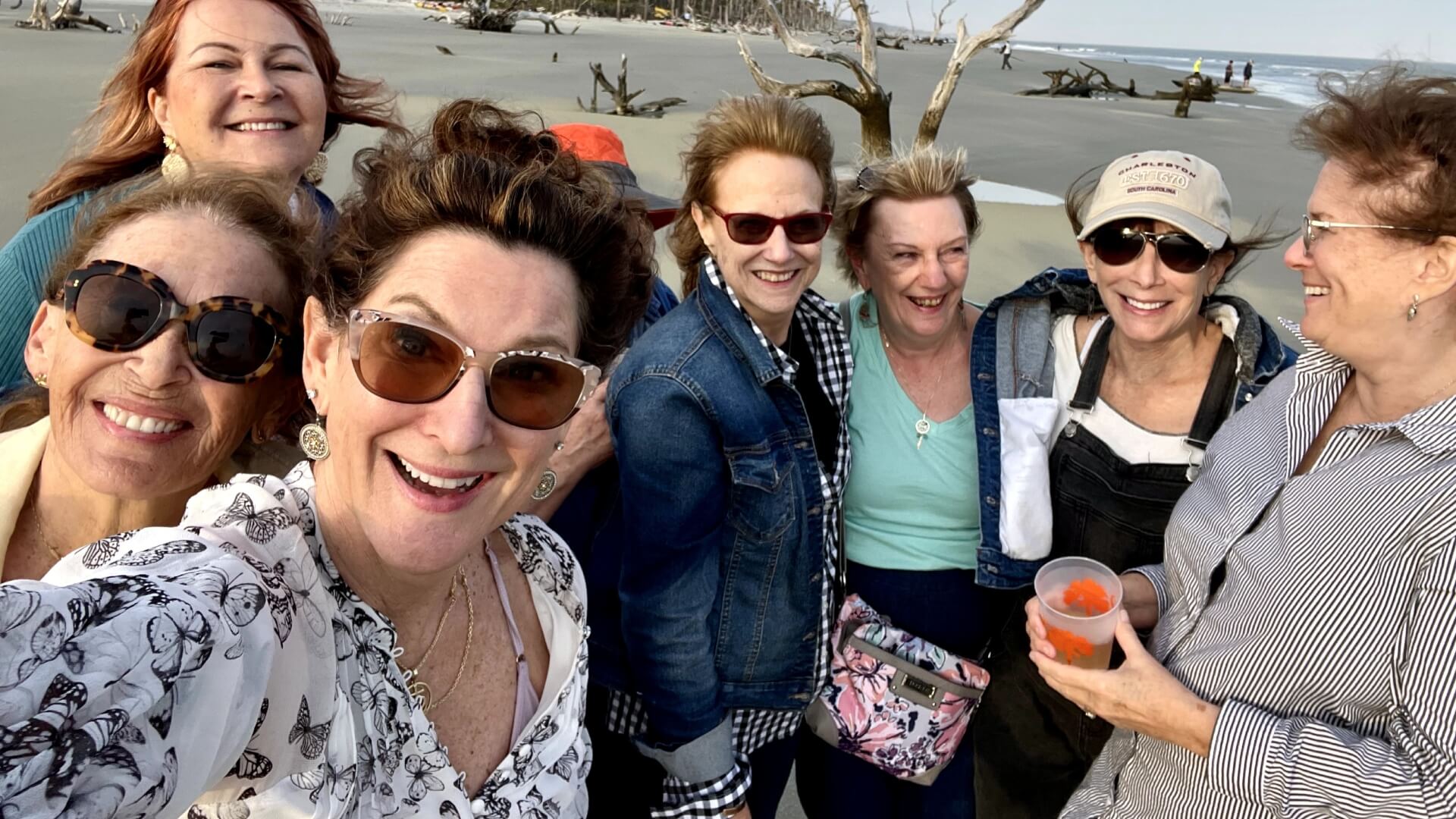

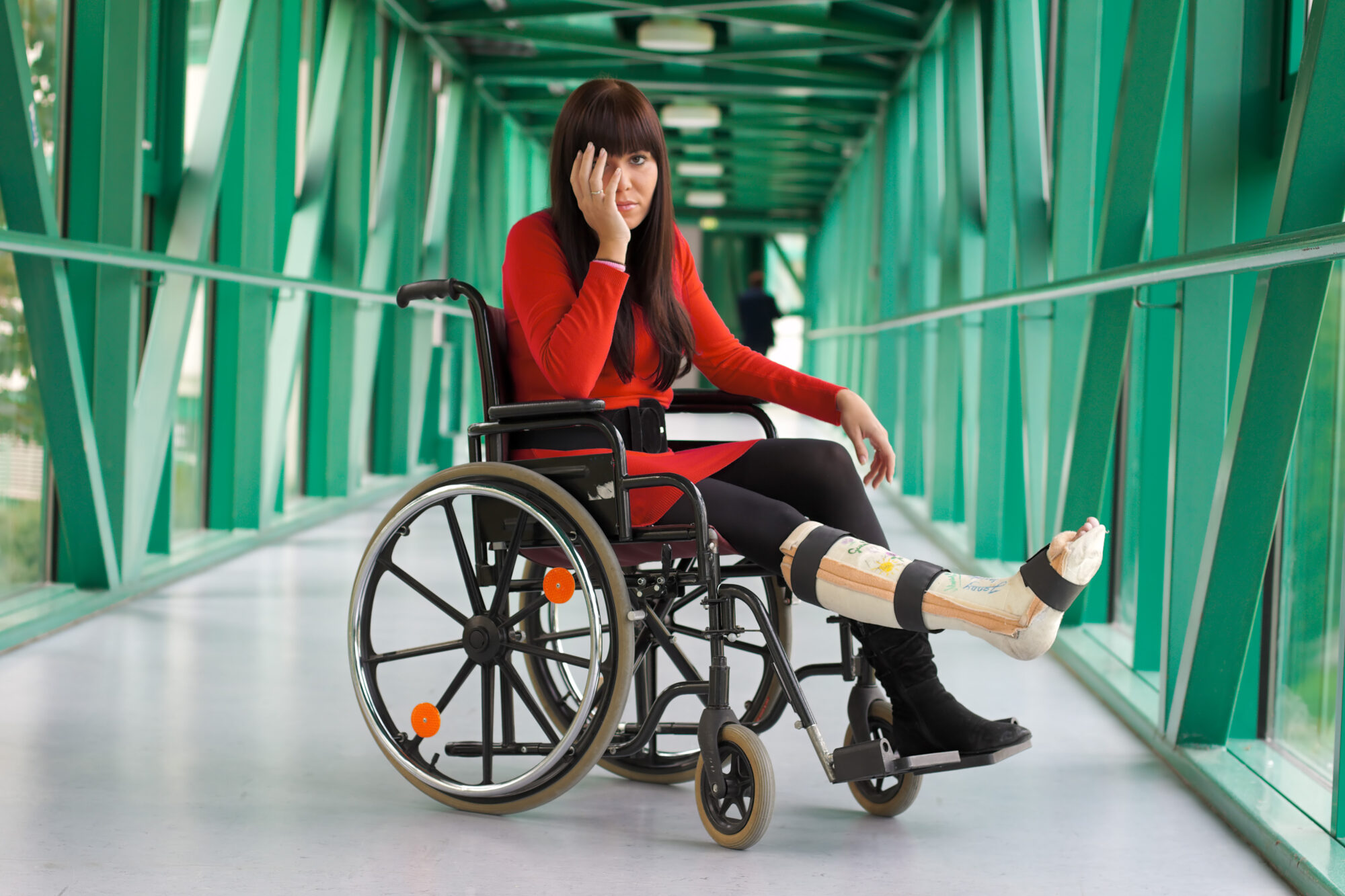
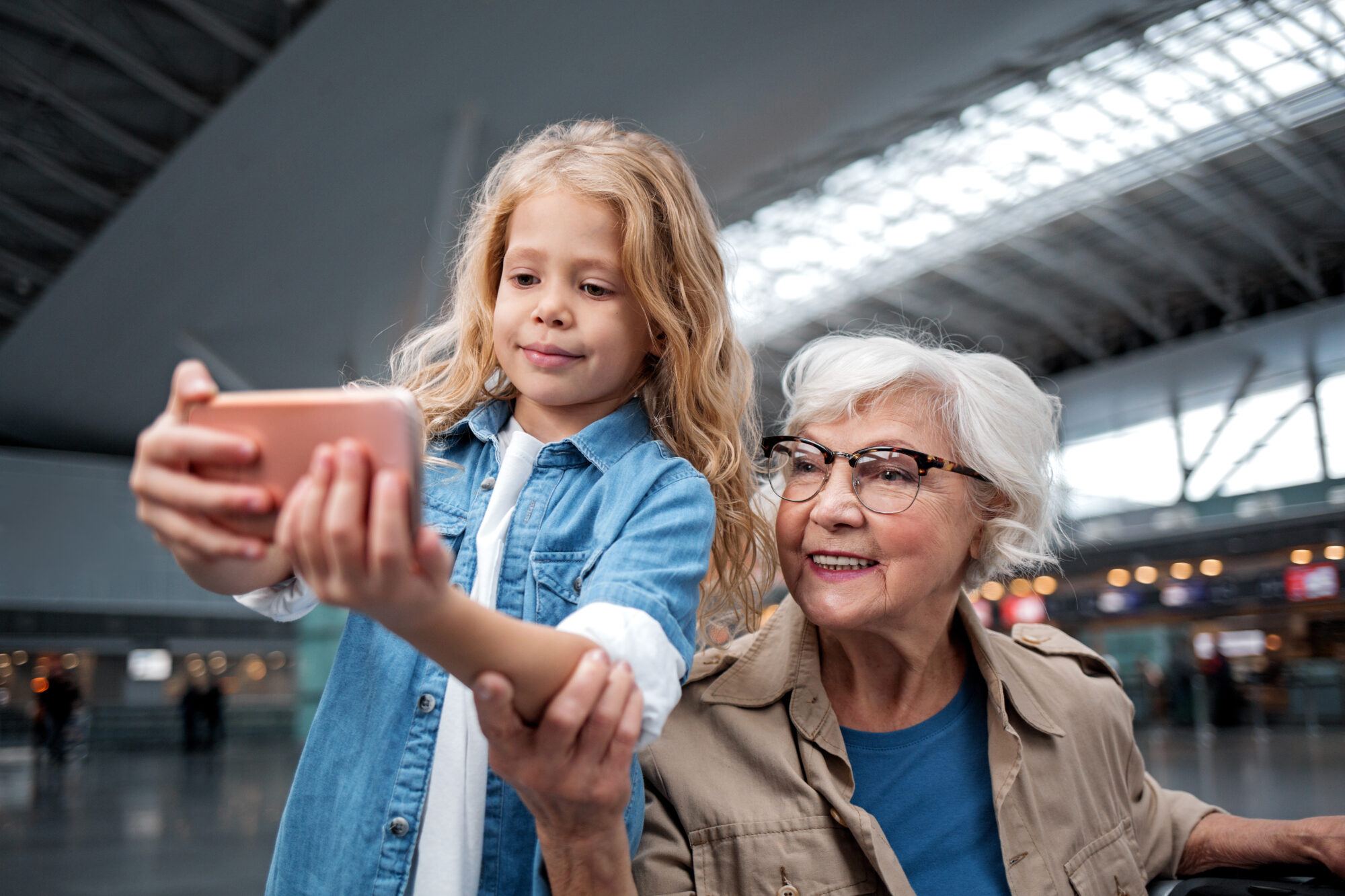

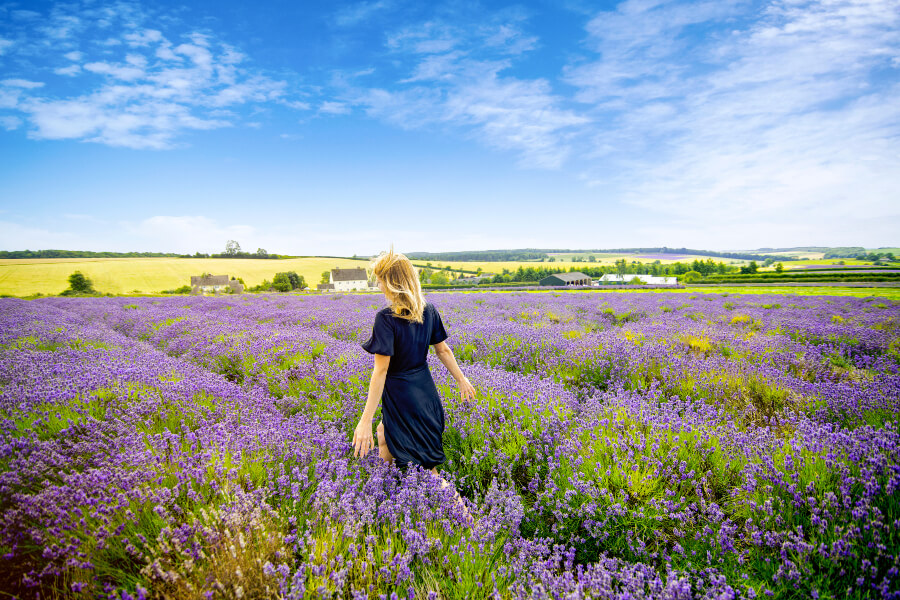





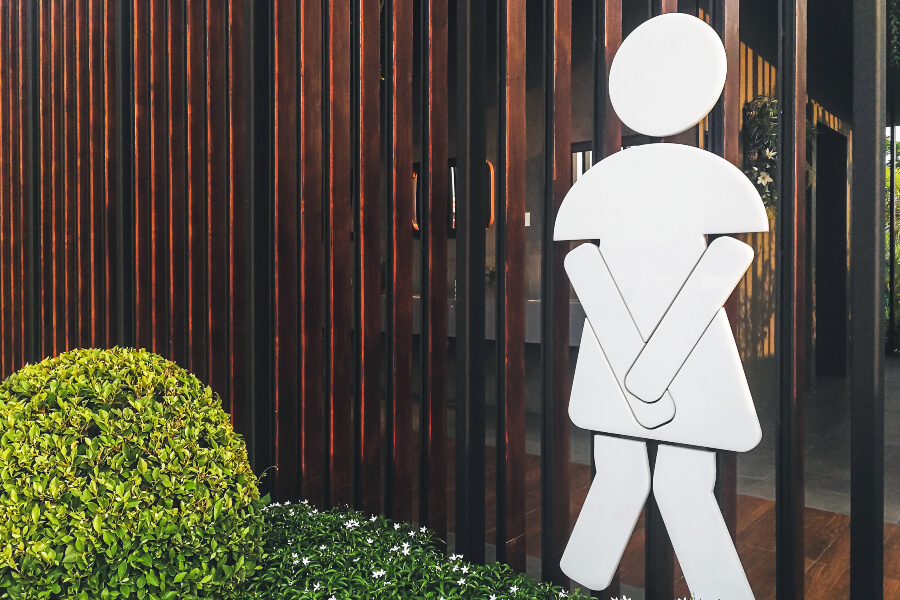


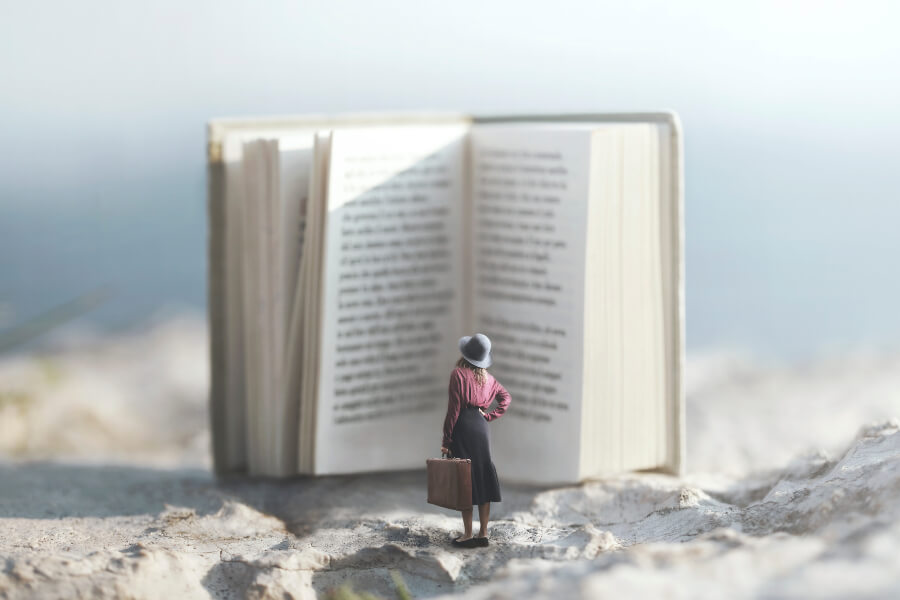


0 Comments